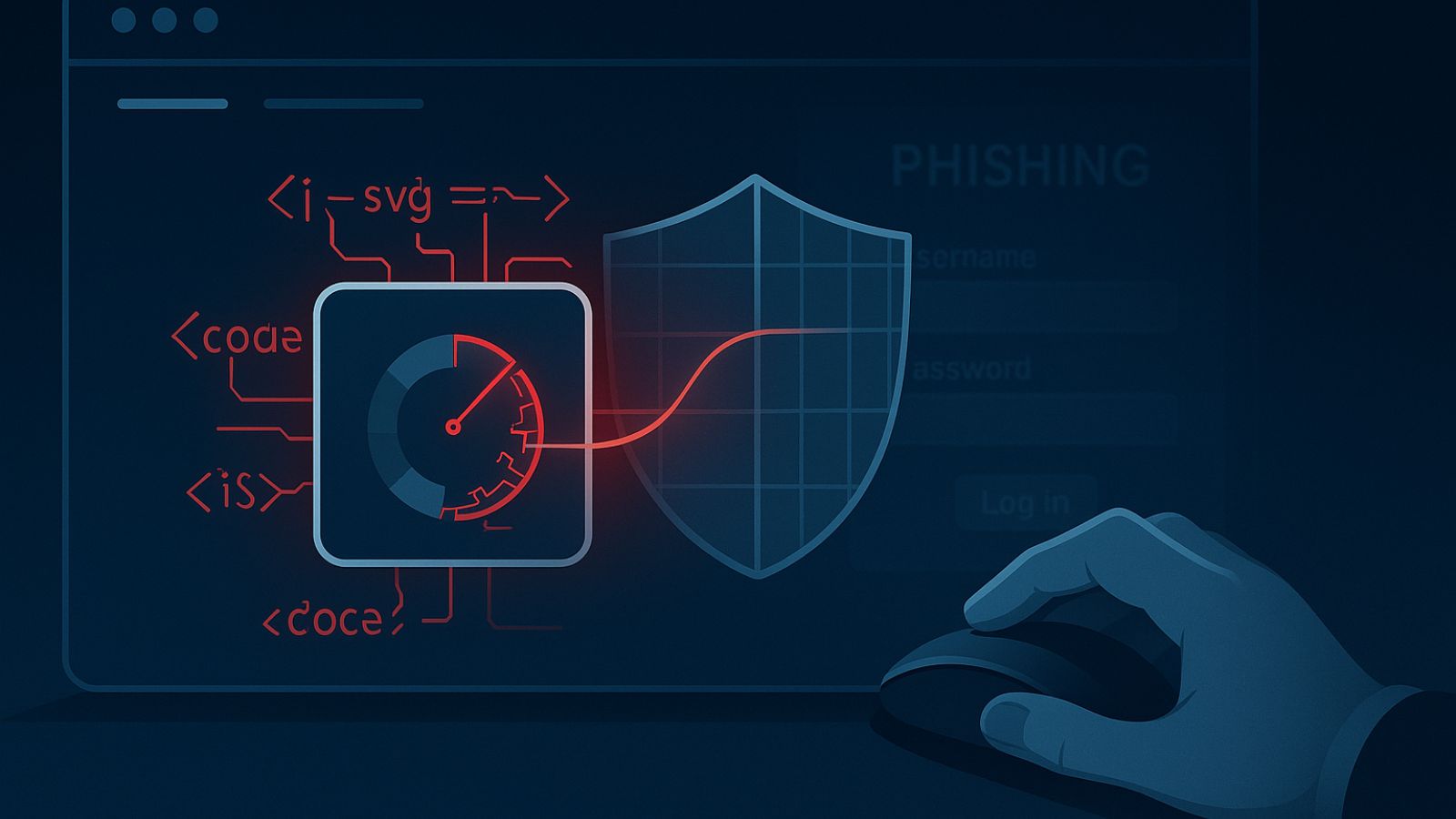
The Labour Party in the UK Was Hacked One Month Before the Elections
- Hackers hit the Labour Party in the UK, and the timing raises suspicions about the motives of the actors.
- There were at least two recorded DDoS attacks that took place within two days, and both were repelled.
- The political campaign of the party suffered a slowdown, but everything has returned back to speed now.
With only a month to go before the general elections are held in the UK, one of the leading contenders, the Labour party, has fallen victim to a sophisticated cyberattack. The hackers managed to tap into the political party’s campaigning tools and tried to steal the details of potential voters. However, as the Labour party officials have stated, they believe that no data was actually breached. This incident is a particularly important one due to its timing, and leader Jeremy Corbyn characterized the attack as suspicious.
The type of attack was a distributed denial of service (DDoS), which aimed at overwhelming the party’s computer systems. The Labour’s experts cannot claim with certainty if this was the main attack or a distraction for another effort to exploit a vulnerability on the system, but they call it a failed attempt nonetheless. The attack was reported to the National Cyber Security Centre, and the voters also received a relevant notice. The end result was a slowdown in the party’s campaign activities, but the systems and procedures have been restored by now.
As reported by the Reuters, the first attack against the Labour Party was followed by a second attempt in just the next day, so the threat is still ongoing and we could see a third incident. The newest statement that came from official lips was the following: “We have ongoing security processes in place to protect our platforms, so users may be experiencing some differences. We are dealing with this quickly and efficiently.” Jeremy Corbyn stated the following: “This is a sign of things to come in this election; I feel very nervous about it all.”
The truth is that hacking systems belonging to political parties or even elective authorities have become the norm nowadays. In a recent interview with us, analyst Harrison Van Riper stated that the industry expects more online disruption as the US 2020 elections approach. Back in April, we also covered a story about a hacker claiming to have breached Israeli’s voter registry, while in August, the Democratic Senatorial Campaign Committee (DSCC) exposed 6.2 email addresses that were part of a political campaign data set. All this highlights a shift that is taking place towards electronic systems and the internet, so having hackers trying to disrupt this whole process is a natural and expected outcome.
Have something to comment on the above? Feel free to share your thoughts with us in the comments down below, or on our socials, on Facebook and Twitter.











